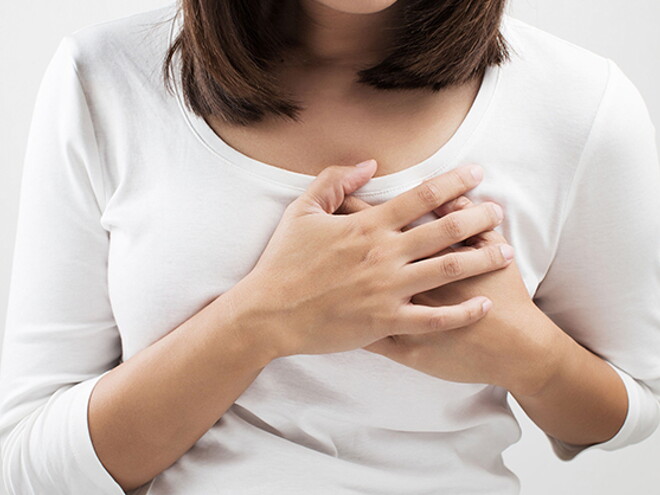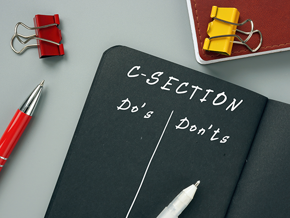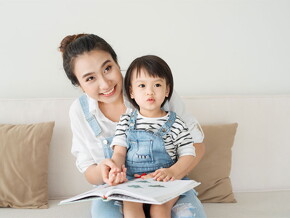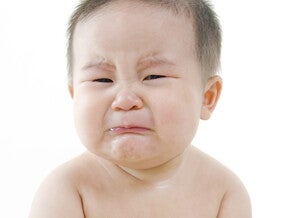
Postpartum Body Changes: What Causes My Breast Pains?
Postpartum body changes can be a pain in the breasts, literally. As your friends and family are congratulating you on Facebook over the arrival of your little one, your body is celebrating by hitting you with pains in your breasts.
Postpartum body changes can be a pain in the breasts, literally. As your friends and family are congratulating you on Facebook over the arrival of your little one, your body is celebrating by hitting you with pains in your breasts. Why is your body doing this to you? Well, it’s probably one of these reasons.
The Letdown Reflex
Your little one needs all the nutrients he or she can get to grow into a strong, active child. And your breastmilk is one of the best sources of nutrients for your child. How does your body know when to release milk for him? It’s something called the letdown reflex.
When your little one suckles at your breast, a hormone called oxytocin is released. This tells the muscles in your breasts to send out the milk. This hormone is released during breastfeeding. Later on, you may notice that even your child’s cry for hunger can cause the hormone’s release, like the way delicious food can make you salivate.
The letdown reflex affects each woman differently. Some women feel a slight tingling. Others have pain, aches or discomfort. If you’re fortunate, you won’t feel a thing. So one reason for postpartum breast pain may be the letdown reflex during breastfeeding. The light at the end of the tunnel is that you’ll probably become used to the discomfort after a while and won’t notice it.
Engorged Breasts
Your body is concerned with ensuring that your little one gets fed, and during the first few days after childbirth, it’s going to flood your breasts with milk. Much like a dam under pressure, this may cause your breasts to become engorged. Or in simple English, they may become bigger.
Your breasts may become tender, hot and painful. To relieve pressure in a dam, one has to release the water. Once your child latches on well, and feeds regularly, your breasts should be able to match the required amount and give you relief. If your little one can’t latch on, you can use a pump to express a small amount. Don’t overdo it with the pump, as it’ll tell your breasts that you need more milk! A warm towel will also help before nursing.
Mastitis
Another reason for postpartum breast pain could be mastitis. Mastitis is an infection of your breast tissue. Mastitis can be caused by poor breastfeeding techniques, which can trap milk in the breast. It may also due to a blocked milk duct or bacteria entering the breast. The condition results in pain, swelling and redness in your breasts. Some of the symptoms include breast swelling, pain, and feeling ill.
If you’re feeling ill, especially with flu-like symptoms, you should see your healthcare professional. Remember, you are not as stubborn as your husband, so don’t avoid the clinic or hospital. Your healthcare professional should be able to diagnose you and give you advice.
It Doesn’t Last Forever
Postpartum breast pains are well, pains. However, bear in mind that they aren’t permanent, and most of the time they’ll be gone quicker than it takes you to change your Facebook profile picture. It’s all part and parcel of motherhood.
Lastly, this is a general guide, and isn’t a comprehensive list. Do remember to consult your healthcare professional if you are unsure.

















